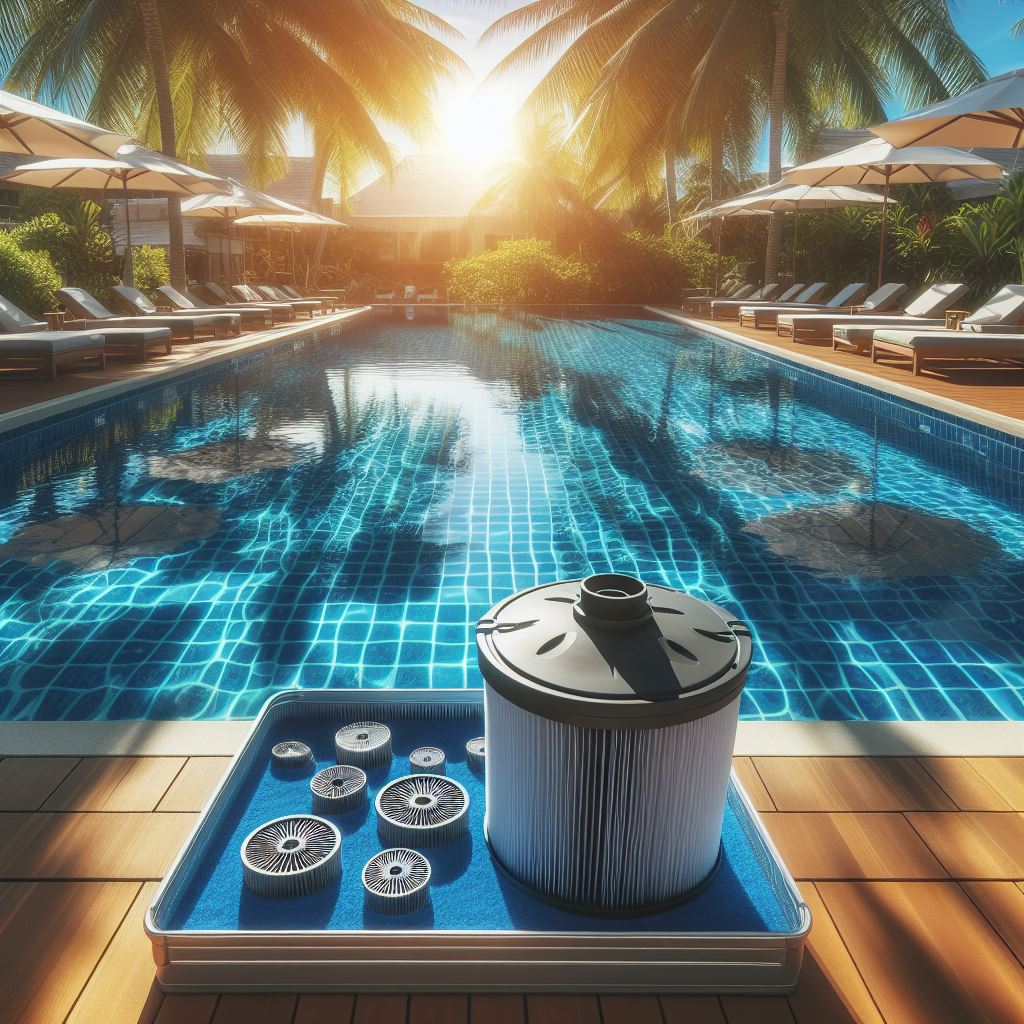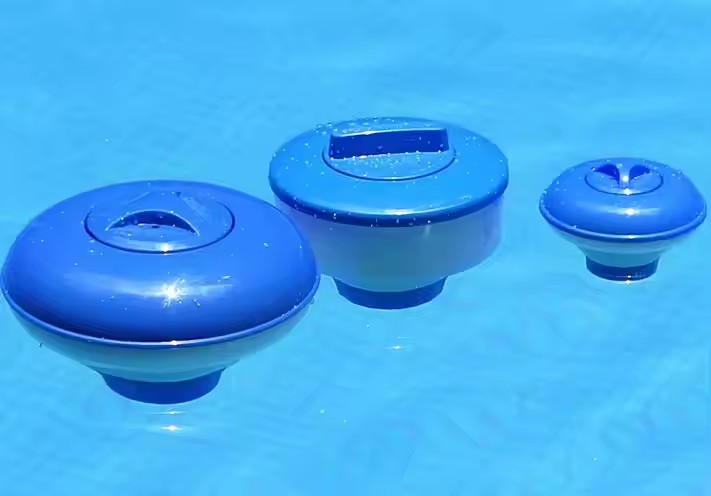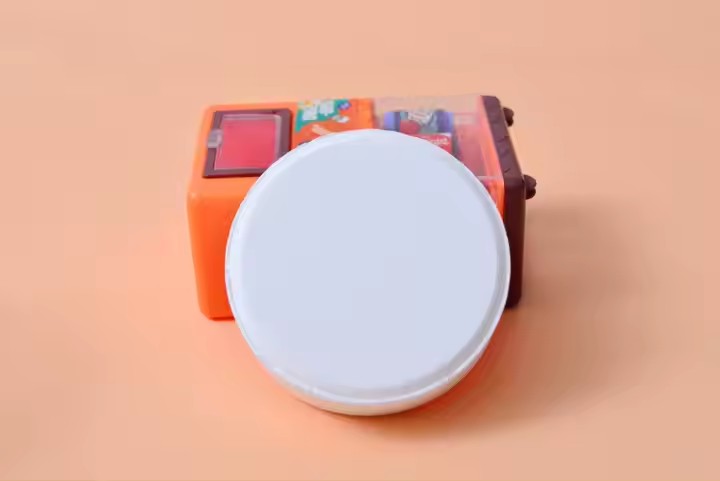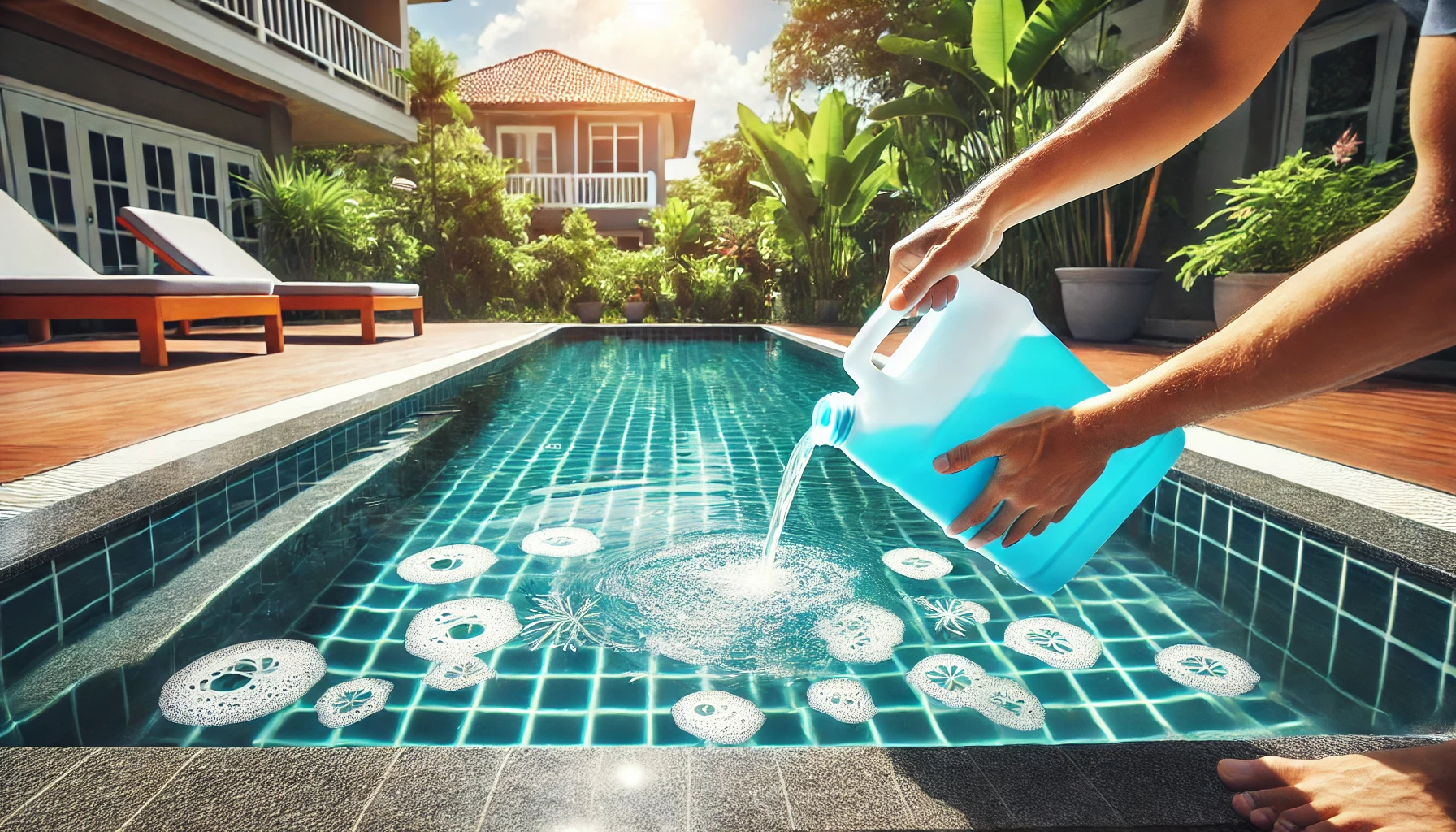A pool sand filter is a crucial component in maintaining a clean and clear swimming pool. However, like any equipment exposed to water and the elements, it may encounter issues over time. One common problem is rust on the pool sand filter. Rust not only affects the filter’s efficiency but can also pose potential risks to the pool water quality. In this article, we will discuss the causes of rust, the signs of a rusted filter, and effective ways to handle and prevent rust issues.
Understanding the Causes of Rust
Rust is the result of the oxidation of metal components in the presence of water and oxygen. Pool sand filters often have metal parts, such as bolts, nuts, or even the tank itself, which can be susceptible to rust. The primary causes of rust in pool sand filters include:
Exposure to Moisture: Constant exposure to water and moisture, especially in humid climates, can accelerate the rusting process.
Chemical Imbalance: Imbalances in the pool water’s pH, alkalinity, or calcium hardness can contribute to the corrosion of metal parts.
Age and Wear: Over time, the materials used in the filter can degrade, making them more prone to rust.
Signs of a Rusted Pool Sand Filter
Identifying rust in your pool sand filter is crucial for timely intervention. Here are some signs that your filter might be experiencing rust issues:
Discolored Water: Rust particles may leach into the pool water, causing it to appear discolored.
Reduced Filtration Efficiency: Rust can clog the filter media, reducing its effectiveness in trapping debris and contaminants.
Visible Rust on Metal Parts: Inspect the filter for visible signs of rust on metal components, such as bolts, nuts, or the tank itself.
Unusual Noises: Rust can cause moving parts to function improperly, leading to unusual noises during the filtration process.
Dealing with a Rusted Pool Sand Filter
If you’ve identified rust in your pool sand filter, taking prompt action is essential to prevent further damage. Here’s a step-by-step guide on handling a rusted filter:
Shut Down the System: Turn off the pool pump and ensure the system is completely shut down before attempting any maintenance.
Drain the Filter: Release the pressure in the filter and drain the water from the system.
Inspect and Identify: Examine the filter components for rust. Identify the extent of the rusted areas and assess if any parts need replacement.
Clean the Filter Media: If the rust has affected the filter media, clean it thoroughly using a mild acid solution to remove rust particles.
Replace Rusty Parts: For severely rusted components, consider replacing them with new, corrosion-resistant parts. This may include bolts, nuts, or even the entire tank if necessary.
Apply Rust Inhibitors: Use rust inhibitors or coatings on susceptible metal parts to prevent future rusting. Ensure that the chosen product is safe for pool use.
Maintain Proper Water Chemistry: Regularly test and balance the pool water to prevent chemical imbalances that contribute to rust formation.
Professional Inspection: If you’re unsure or the rust issue is extensive, consider seeking assistance from a pool professional for a thorough inspection and repairs.

Preventing Future Rust Issues
Prevention is key to extending the lifespan of your pool sand filter and avoiding recurring rust problems. Here are some preventive measures:
Regular Maintenance: Perform routine checks and cleanings to catch early signs of rust.
Water Chemistry Control: Monitor and maintain proper water chemistry to prevent corrosion of metal components.
Cover the Filter: Consider installing a cover or shelter to protect the filter from direct exposure to rain and sunlight.
Upgrade to Corrosion-Resistant Materials: When replacing parts, opt for materials that are resistant to corrosion, such as stainless steel.
Use Rust Inhibitors: Apply rust inhibitors as a protective layer on metal parts.
Conclusion
Addressing rust issues in your pool sand filter requires a combination of immediate action and preventive measures. By staying vigilant, performing regular maintenance, and taking steps to prevent rust, you can ensure the longevity and efficiency of your pool filtration system. Remember, a well-maintained filter contributes not only to the clarity of your pool water but also to the overall enjoyment of your swimming experience.


